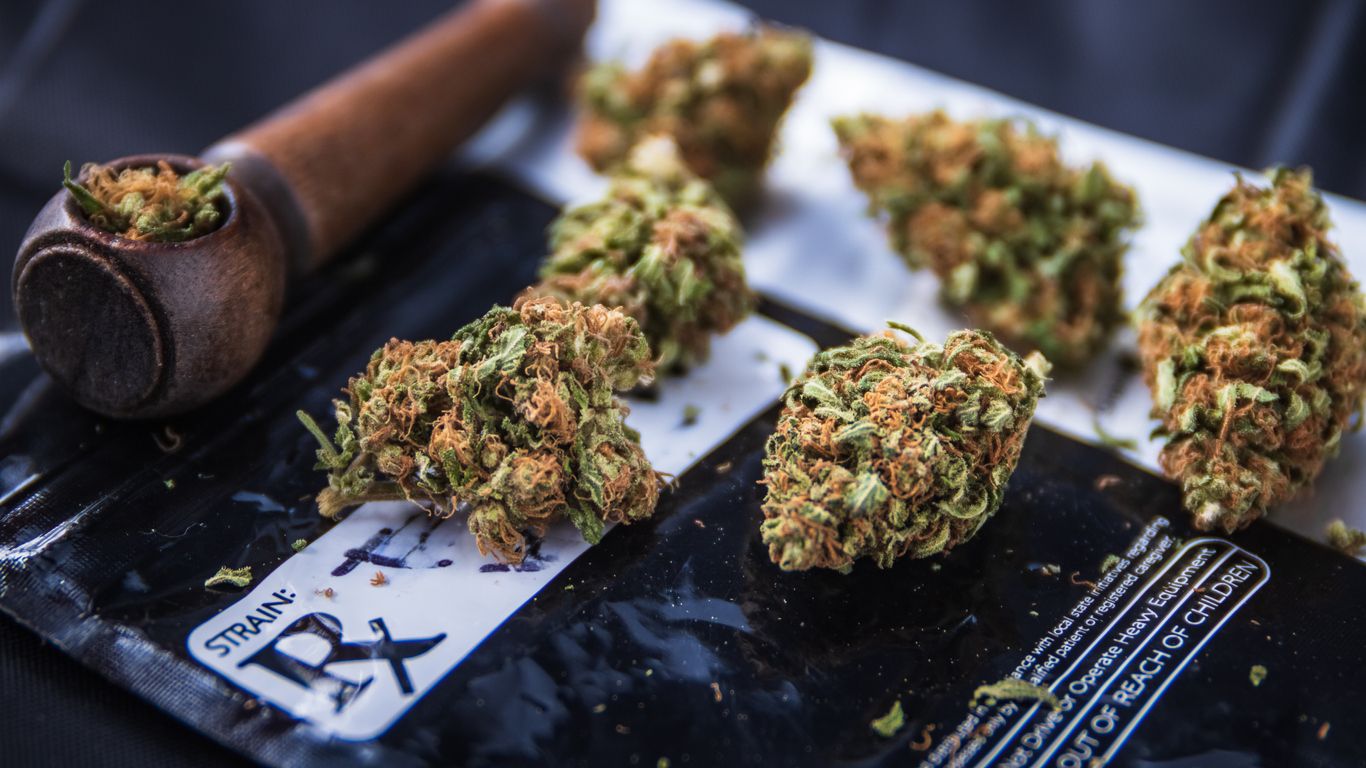Legalization cuts into beer sales as consumers make the switch

The two biggest competitors for the cannabis industry have been concerned since realizing that legalization was on the horizon, and now that it's been here for a while, it's becoming quite clear that their fears were warranted. Big alcohol and big tobacco have raked in millions of dollars over the last several decades, but times are changing, and as the laws and venues have evolved over the last 2 years, we are seeing some of the biggest decreases in alcohol sales ever to occur.
Beer sales decrease
2019 was by far the worst year yet for alcohol and beer makers, as competition grew from the introduction of legal cannabis products and dispensaries. According to Beer Canada, during that time both imported and domestic beer sales across the country dropped by 3%, with domestic taking the hardest hit that included 8 consecutive months of losses.
In December alone, a month that is filled with family gatherings and holidays that result in a substantial number of their total yearly sales, domestic beer sales decreased by a staggering 4% when compared to the average for the same month in 2018. If you look at the larger picture for domestic beer sales by month, you will see a significant drop in beer sale numbers for a total of 11 out of 12 months last year, and these losses are adding up quickly, igniting a motivation to delve into the cannabis industry.
Before legalization
Just prior to federal marijuana legalization, beer and alcohol companies were still quite hopeful, as their sales figures increased each month slightly, over a total of 6 months before October of 2018. Things were pretty good back then for beer makers like Molson Coors, but it didn’t take long to feel the ripple effect of legalization, which seems to be the driving force behind so many big alcohol and tobacco companies announcing new partnerships with brewers in an effort to stay ahead on the competition.
Molson Coors partnership
One of the most popular examples of this is the latest partnership between Molson Coors and the cannabis giant HEXO. The joint venture between the cannabis producer and beer maker is called Truss, and so far, it has resulted in a brand-new production facility that is expected to be making weed-infused products for the market at some point in 2020, after obtaining appropriate licensing.
Other companies have been planning their grand entrance into the cannabis industry for years, but even the most financially sound and reliable names like Canopy Growth, so far, have yet to release their cannabis-infused products to the public. By doing that, they are providing a comfortable window of time for other big players to dive right in, without feeling like they are too far behind.
The future of big alcohol companies
For a very long time, these well-established companies had the upper hand, being the only two legal substances for adults to enjoy, but legalization is forcing the most aged brands to rethink their approach. It might be sad news for old-style breweries as we know them today but combining these two incredibly financially lucrative industries can help Big Alcohol to stay alive.
This change is inevitable as the statistics show that consumers are slowly making the change from weekend beer drinkers to cannabis connoisseurs, but with Big Alcohol experience and the lure of the cannabis industry working together, we can’t wait to see what the results will be. So, the future may look a little bit different for big companies like Molson Coors, but brewers aren’t going anywhere anytime soon, so there is no need to panic just yet.

